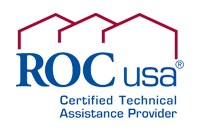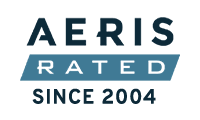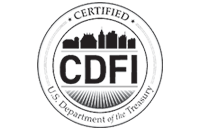
International cooperative principles in resident-owned communities
By Kelli Cicirelli
July marks the 100th International Day of Cooperatives, and we could hardly let the occasion pass without celebrating the amazing vitality of the fastest-growing sector of cooperatives in the United States: resident-owned manufactured-home communities (ROCs).
The more-than-300 ROCs nationwide, 147 of them here in New Hampshire, truly embody the spirit of the seven International Cooperative Alliance Principles, from democratic self-governance and shared economic benefit to autonomous control and informed/educated membership.
Let’s take a moment to review how the cooperative model has improved the lives of ROC homeowners and residents.
Fostering unity, ownership, and pride
Cooperatives offer a unique alternative to the traditional corporate business structure. They prioritize people over profits, and they require cooperation and democratic decision-making. Privately owned manufactured-home parks become ROCs when homeowners and residents collectively purchase and take control of the land under their homes. This begins the cooperative journey, which creates a sense of ownership, pride, and community spirit.
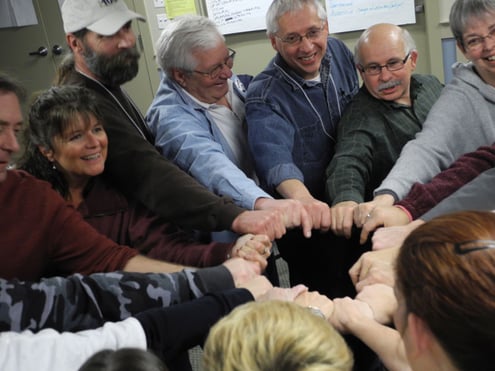 Empowering homeowners
Empowering homeowners
We know working families often build wealth by owning a home, and that manufactured homes are the most-affordable homeownership option in New Hampshire. But what happens when they don’t own the land under their homes?
Some park owners have subjected residents to unhealthy and unsafe living conditions, exorbitant rent increases, and little influence over park rules and how they’re enforced. The cooperative ROC model allows people to own their home AND control the land it sits on―a real game changer.
By organizing as cooperatives, manufactured home-owners gain the power to collectively manage, govern, and operate their communities. They elect a board of directors that oversees the co-op’s day-to-day business. The residents develop and vote on bylaws and fair community rules. Neighbors actively participate in decisions that directly impact their lives.
This inclusive approach ensures the interests of the cooperatives’ members are put first―encouraging greater security, stability, and fellowship among neighbors.
Sharing in the prosperity and the improvements
In a ROC, co-op residents not only have a say in their community’s governance, they also share the economic benefits they create. For example, financial surpluses from the cooperative business are invested back into the community through improved infrastructure (water, sewer, electricity, roads) or amenities that improve their lives (a playground, community center, or new mail hut).
Investments like these not only enhance the overall quality of life for ROC residents, but a well-maintained park also contributes to rent stability by avoiding costly emergency repairs.
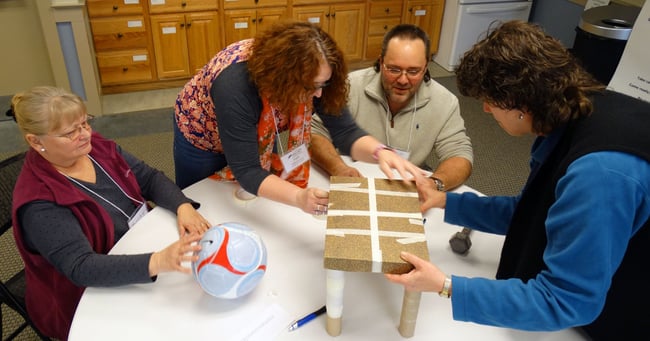 The 5th Principle – Education, training, and information
The 5th Principle – Education, training, and information
In the most successful ROCs, co-op members and board members regularly participate in the customized coaching and education provided by the Community Loan Fund’s ROC-NH trainers. These sessions help members confidently decipher their financial statements, stay apprised of legal and regulatory commitments, and create capital improvement plans. In addition, a leadership program open to all ROC residents builds skills in communication and project planning, de-escalating conflict, and creating member engagement. Learning and growing together for the betterment of their communities demonstrates true cooperative spirit.
Cooperation among cooperatives
The cooperative movement is strengthened when cooperatives connect and work together. N.H.’s ROC-2-ROC Association comprises ROC members who meet regularly to share ideas, network, and create peer-to-peer initiatives to support one another. By pooling their intellectual resources (because they are the experts on cooperatives, after all), members build strong social ties while strengthening their communities.
Every day, I’m in awe of the remarkable impact that ROCs have had on the lives of nearly 9,000 households across N.H. and 20,000 households nationally. Every day, ROC members demonstrate the power of cooperation, democratic decision-making, and the amazing outcomes of collective ownership.
When we advocate for policies that strengthen and support this unique cooperative model and further expand the ROC movement, we empower more homeowners to embrace and commit to the cooperative principles that are the backbone of their success.
Kelli Cicirelli is ROC-NH's Director Of Organizational Training And Leadership.





